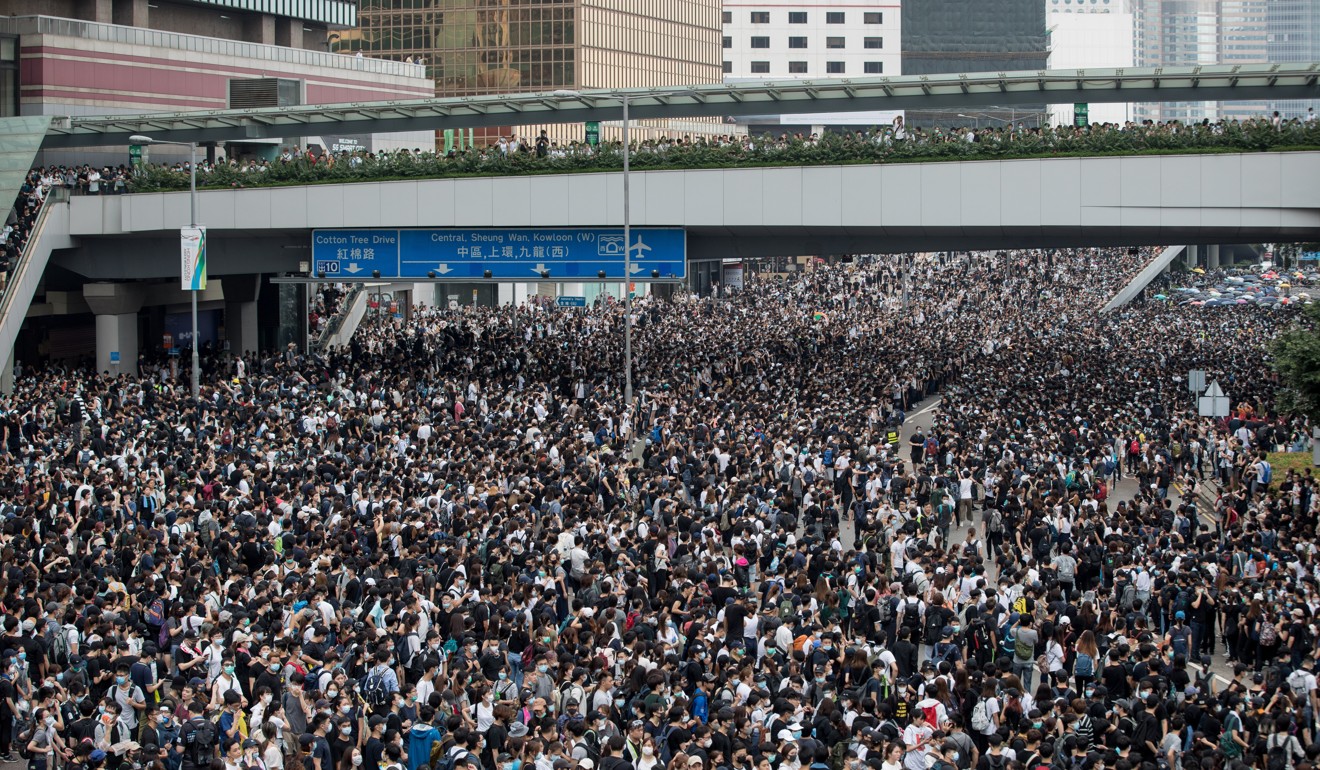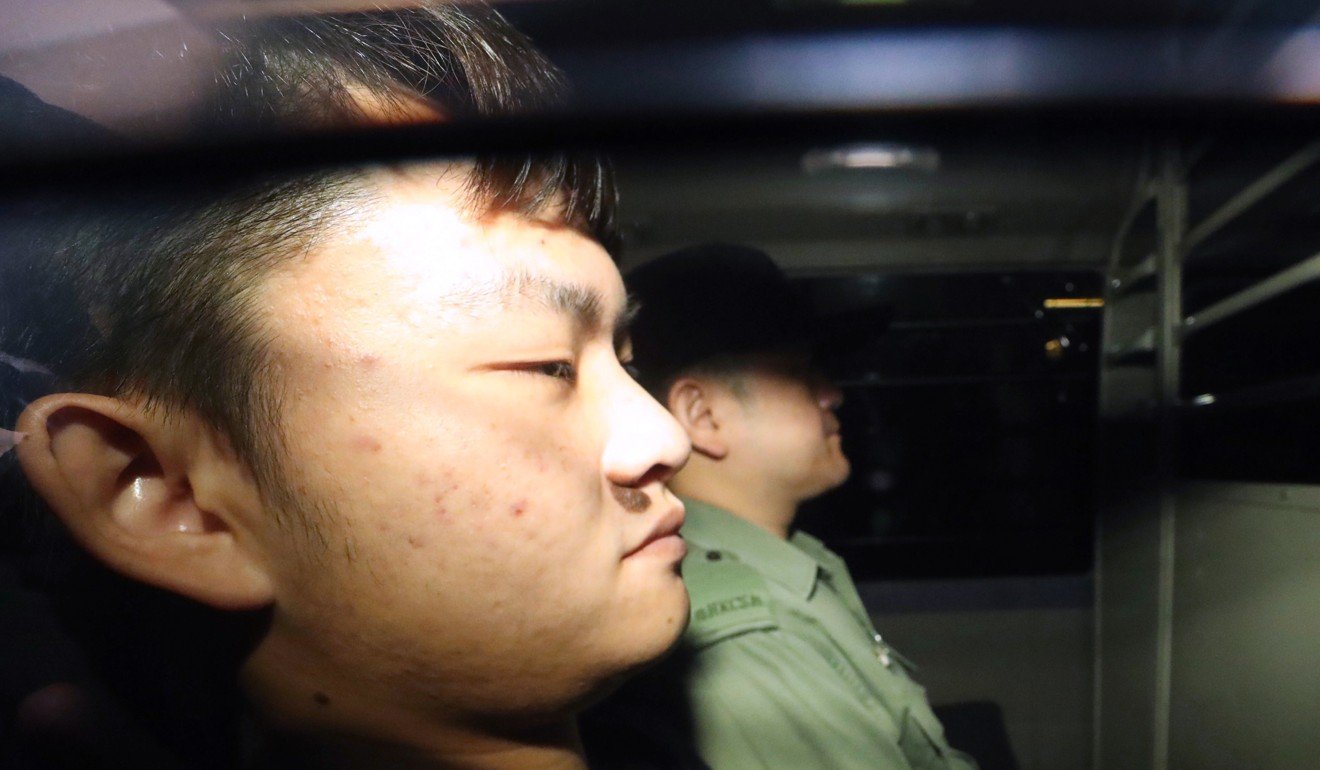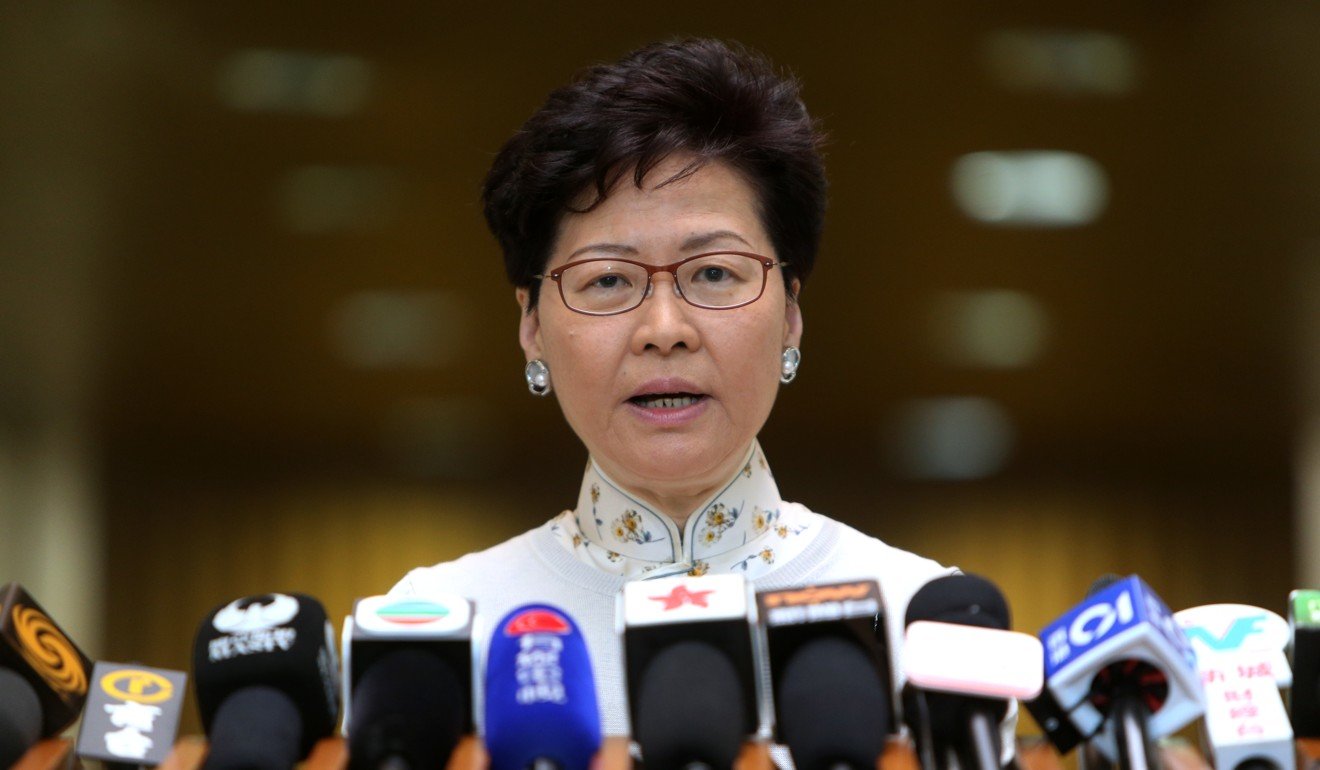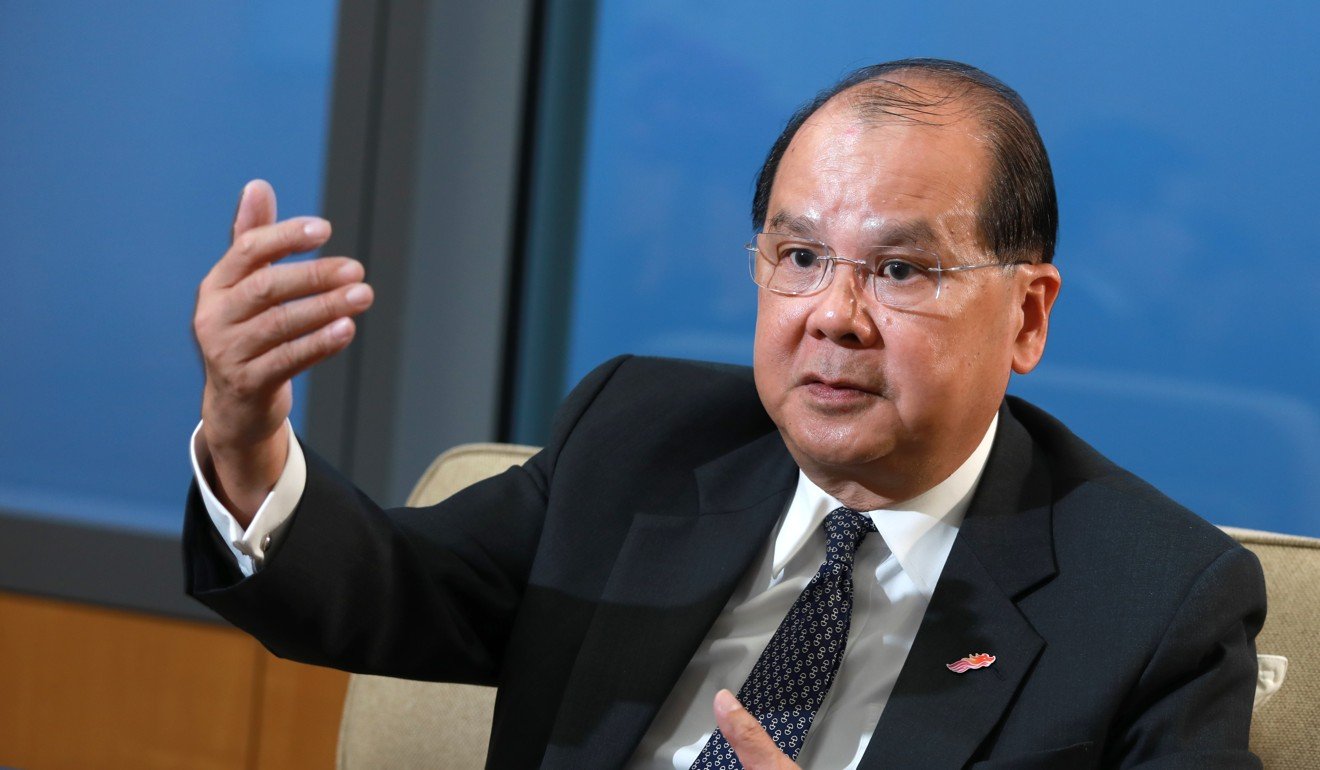
Hong Kong’s extradition law mess: don’t blame Beijing, blame naive Carrie Lam
- In underestimating the pushback from Hongkongers from all walks of life, the chief executive has shown a lack of political antennae
- She could have avoided much of this quagmire had her government not bypassed proper procedures and, instead, consulted the public
The mass demonstration could well be the largest in Hong Kong’s history but the mainland’s official media has largely remained silent, except for a few outlets including the Global Times which accused the local opposition camp of colluding with “foreign forces” to fan chaos in Hong Kong to hurt the mainland.
Blaming “foreign forces” for causing havoc in Hong Kong has always been the official mainland media’s default position but the Hong Kong government’s current crisis is largely of its own making.
‘One country, two systems’ is good for business – and for Beijing

But, alas, no matter how the crisis ends, no one is a winner and Hong Kong as a whole loses – its reputation, the independence of its judiciary and the confidence of the international community in its status as a leading financial centre.
Lam appears to have taken a personal interest in expediting the law’s passage after she was moved by petition letters from the family members of a slain victim in a gruesome case. It involved a Hong Kong youth Chan Tong-kai who admitted murdering his pregnant girlfriend and dumping her body in a suitcase in Taipei last year before fleeing back to Hong Kong.
What is behind Hong Kong’s anti-extradition protests?
The rush to pass the law appeared to serve two purposes at once. First, it would help bring justice for the aggrieved family, and, second, it would plug a major legal loophole as it would allow for extradition on a case-by-case basis to jurisdictions – including China and Taiwan – not covered by current extradition and legal assistance programmes.

There has been intense speculation in Hong Kong and elsewhere that Lam pushed for the law at the request of Beijing. She herself strongly denied this and said she had not received any instruction from Beijing and the bill was not initiated by the central government.
This is probably true. Beijing is more concerned with seeing the passage of the national security legislation, known as Article 23. That proposed law – to prohibit treason, secession, sedition and subversion – was shelved in 2003 following mass protests on fears that it would erode civil liberties enshrined in the Basic Law. Since then, Beijing has tried to lobby the Hong Kong government to reintroduce the law.
Why extradition bill is not just another law to Beijing and Lam
Even so, Beijing would not be against Hong Kong’s move, as it would also make it much easier for the central government to hunt down and extradite businessmen and corrupt officials who often hole up in Hong Kong after they fall foul of the mainland authorities.
What has transpired has shown that Lam and her senior officials had gravely and naively underestimated the extraordinary pushback from Hong Kong people from all walks of life, particularly from the usually docile but powerful business community in the city, over their deeply held fears and concerns about the lack of rule of law on the mainland.

Trained as a career civil servant, Lam, along with senior officials in her cabinet, seems to lack political sophistication and acute political antennae. By introducing the law, she seemed to believe that she was enhancing the rule of law in the city and ensuring Hong Kong would not become a safe haven for fugitives.
Thus, the local government failed to communicate adequately with major stakeholders in the city, including the business community, the press and foreign nationals.
Xi’s speech shows party is still haunted by the fall of the Soviet Union
Many people have voiced loud concerns that they could end up in a mainland legal system where they would not be afforded fair trials and rights protection.

In the name of urgency, the government bypassed the proper procedures and process and failed to allow public consultation over the proposed law. In contrast, some cynics pointed out that in April, the government launched a three-month consultation on how to better protect animals and ensure owners will have their dogs and cats fed, cared for and given adequate medical attention.
Some may argue that given the divisive political climate, a three-month or even longer consultation was unlikely to achieve much, but by going through the process and engaging the community better, the government would have had a much stronger case and won greater popular support to push for the bill.
In China, breaking the law is about to get a whole lot costlier
After all, the urgency behind the original motivation for the bill has dissipated as the Taiwanese authorities have made it clear they may not cooperate if Hong Kong presses on with the proposed law.
Because of their political naivety, Hong Kong officials have also failed to appreciate the wider geopolitical risks from the potential fallout over the introduction of the law. With Taiwan’s presidential election cycle already heating up, both the ruling Democratic Progressive Party and a potential opposition candidate – the electronics tycoon Terry Gou – have both used Hong Kong’s mass protests as proof that the mainland’s “one country, two systems” formula has failed.
May 4 and June 4 protests: party only sees patriotism where it suits
What happens next? Although the Hong Kong government may introduce safeguards and refine the bill to ease concerns, it is unlikely to back down and shelve the proposed bill as demanded by the protesters. Beijing has expressed full support for Lam’s efforts and so long as the pro-government legislators, who command a majority in the local legislature, stay united, the bill has a high chance of passing. But the political fallout has put a dent in Hong Kong’s reputation. ■
Wang Xiangwei is the former editor-in-chief of the South China Morning Post. He is now based in Beijing as editorial adviser to the paper

